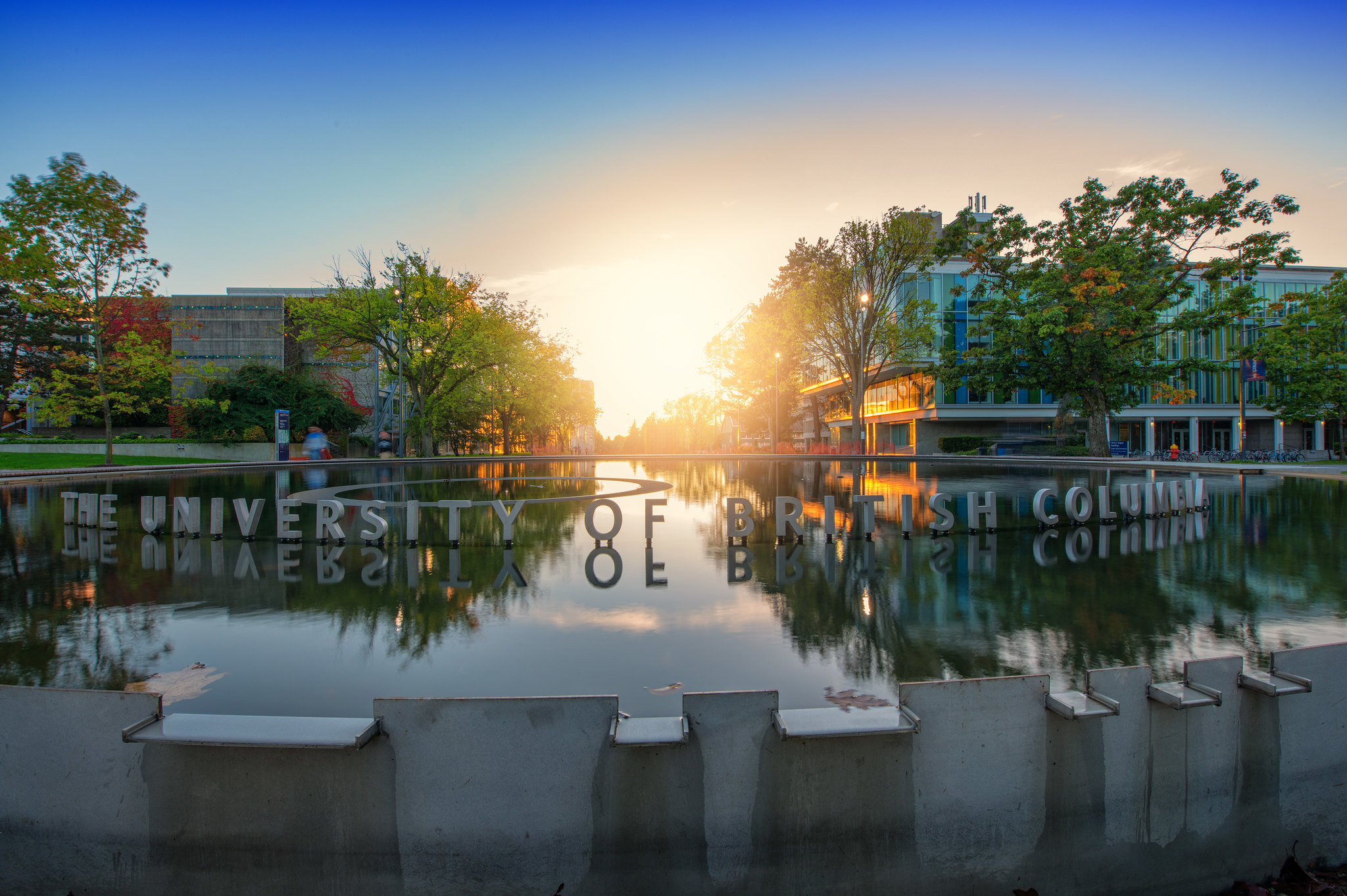Four UBC Science researchers elected to Royal Society of Canada
September 10, 2019

September 10, 2019

Two UBC zoologists, a mathematician investigating differential equations, and a fisheries economist have been elected to the Royal Society of Canada. The four are among nine UBC researchers recognized by the Society this year, and join the almost 40 UBC Science researchers elected to the RSC since 2000.
Election to the RSC is the highest honour a scholar can achieve in the arts, humanities and sciences in Canada. The 2019 UBC Science fellows are:
Patricia Schulte's research is integrative, using approaches including physiology, genomics and population genetics to understand the physiological adaptations that allow animals to live in particular environments. Using fish as model systems, we take advantage of differences between populations of a single species to study the evolution of the mechanisms that allow animals to respond to a changing environment.
Rashid Sumaila specializes in bioeconomics, marine ecosystem valuation and the analysis of global issues such as fisheries subsidies, illegal, unreported and unregulated fishing and the economics of high and deep seas fisheries. Sumaila has experience working in fisheries and natural resource projects in Norway, Canada and the North Atlantic region, Namibia and the Southern African region, Ghana and the West African region and Hong Kong and the South China Sea. He has published articles in several journals including, Journal of Environmental Economics and Management, Journal of Bioeconomics, Land Economics, ICES Journal of Marine Science, Environmental and Resource Economics and Ecological Economics. Sumaila’s work has been cited by the Economist, the Boston Globe, the International Herald Tribune, and the Vancouver Sun.
Juncheng Wei, Canada Research Chair in Nonlinear Partial Differential Equations, Concentration Phenomena and Applications, analyzes concentration phenomena in all its diversity and complexity. Wei has developed sophisticated mathematical tools that have found unexpected deep connections between differential geometry and nonlinear partial differential equations. He is exploring those relationships to understand various patterns that appear in concentration phenomena. His research could lead to new techniques and innovative tools to analyze complex behaviours in concentration phenomena, with important impacts in applied sciences, mathematical biology, material sciences and mathematical physics.
Michael Whitlock research focuses on evolution in structured populations, particularly the forces that control the nature and distribution of genotypes in subdivided populations. He investigates the question with a variety methods, from theoretical analyses to experimental lab model systems. Most models of population structure assume uniform populations at equilibrium, which is most unlike most natural populations. My models have included the effects of extinctions, colonizations, population fission events, unequal population sizes, variable migration rates, and other realistic modifications of the theory. We examine the effects of population structure on a wide variety of evolutionary patterns and processes, such as genetic load, inbreeding depression, and rates of adaptation.
We honour xwməθkwəy̓ əm (Musqueam) on whose ancestral, unceded territory UBC Vancouver is situated. UBC Science is committed to building meaningful relationships with Indigenous peoples so we can advance Reconciliation and ensure traditional ways of knowing enrich our teaching and research.
Learn more: Musqueam First Nation